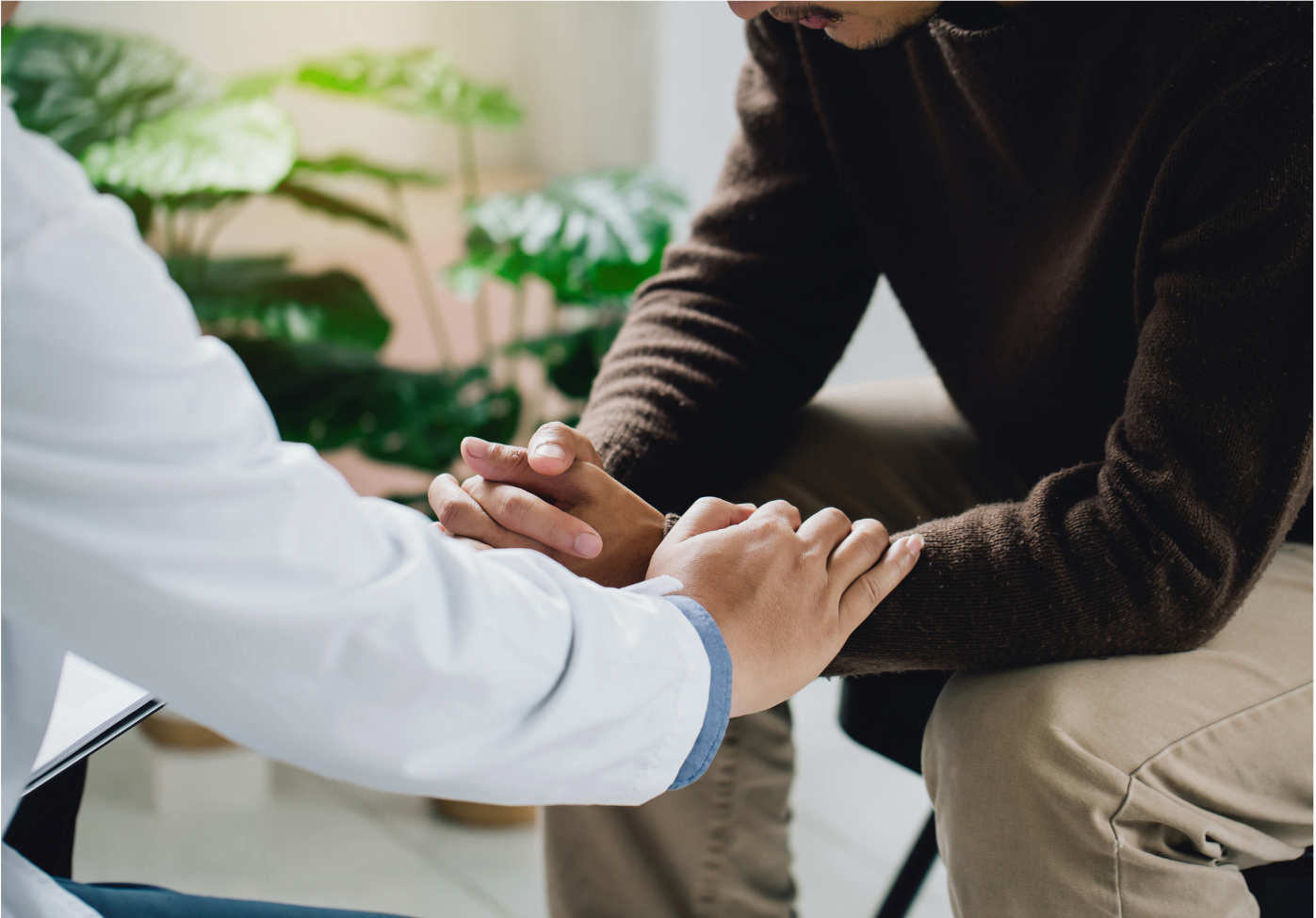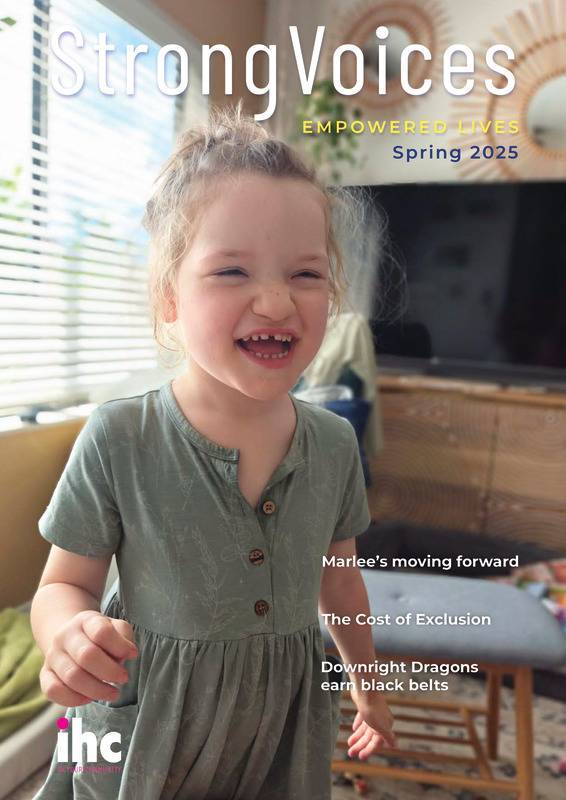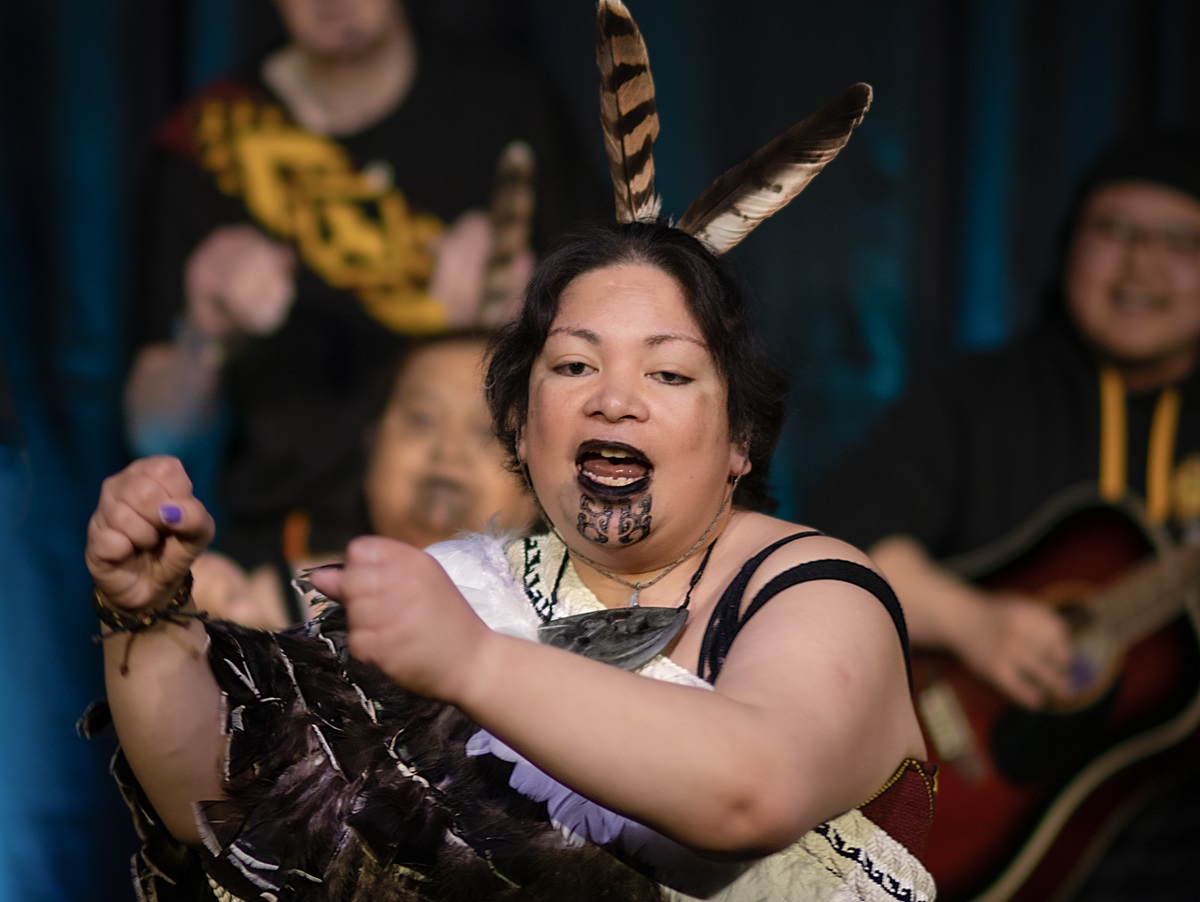Categories
Walking beside: a journey through clinical placement at RIDSAS

In 2019, a new pathway opened for postgraduate psychology students in New Zealand – a chance to gain supervised clinical experience in the forensic disability sector through the Professional Practice Placement Psychology programme.
Funded by IHC, the Professional Practice Placement Psychology programme initiative has supported seven placements across the Regional Intellectual Disability Supported Accommodation Service (RIDSAS) and Residential Services over the past year. It offers students a rare opportunity to work directly with people navigating complex legal and psychological challenges.
RIDSAS is an alternative for individuals deemed unfit to plead in court. After assessment under the Intellectual Disability (Compulsory Care and Rehabilitation) Act 2003, they enter the facility for up to three years, where rehabilitation becomes the focus.
Gary Hughes, Programme Lead Psychologist, sees the placements as a win–win. “We hope these students return to the sector after completing their formal training,” he says. “It’s also a chance for RIDSAS to work closely on rehabilitative goals with the people we support, their whānau and staff.”
Among the current interns are Sam Clipston and Gothami Jayasinha, placed in Auckland and Wellington respectively. Sam, originally from the UK, completed her master’s degree at the University of York, while Gothami recently received her master’s from the University of Otago. Both are discovering the depth and complexity of working in forensic disability.
“I didn’t realise how much I’d love working in the disability sector,” Gothami shares. “There’s so much to learn, and I really hope to stay in this field.”
Sam, who had experience in disability services back home, is finding the forensic aspect both challenging and fascinating. “It’s such a niche field – disability and forensics together. It demands a specialised, person-centred approach,” Sam says.
For both interns, building relationships with the people they support is the heart of the work. Gothami facilitates a weekly group therapy session called Stepping Stones, helping participants develop emotional regulation and coping strategies. Sam focuses on one-on-one counselling, in which trust and connection are key.
“You can read all the reports and plan interventions,” Sam says, “but then you meet the person. You learn what they love, what frustrates them. That’s when real progress begins.”
Gothami agrees. “You can study for years, but being in the room with someone – seeing them – that’s where the real learning happens. Your assumptions get challenged. You realise that even if someone has done something violent, they’re still a person with a story.”
Cultural differences have been one of Sam’s biggest hurdles. “I’m a young woman from England. Sometimes people look at me and wonder what I could possibly understand about their life.” But with guidance from her supervisor, she’s learned to turn that into a strength. “I ask them to teach me. It becomes a way to empower them.”
For Gothami, emotional unpredictability has been a challenge. “One day someone is open and chatty, the next they’re angry and withdrawn. You learn not to take it personally. It’s about being present but also knowing when to step back.”
In those moments, she finds it helpful to follow the lead of the person she’s supporting. “We walk side by side. That’s how a therapeutic relationship grows.”
Both interns have more study ahead, but their time at RIDSAS has left a lasting impression.
“There’s so much trauma here,” Gothami says. “Programmes like Stepping Stones help, but sometimes it feels like a bandage over a deep wound.”
Sam adds, “We can equip someone with skills to re-enter the community, but if all they’ve known is institutions, that transition can be terrifying.”
Both agree society plays a role in the difficulty of rehabilitation. “Once you have a criminal record, reintegration is tough,” says Gothami. “We do good work here, but society doesn’t always make it easy.”

This story was published in Strong Voices. The magazine is posted free to all IHC members.
Download PDF of Strong Voices issue







